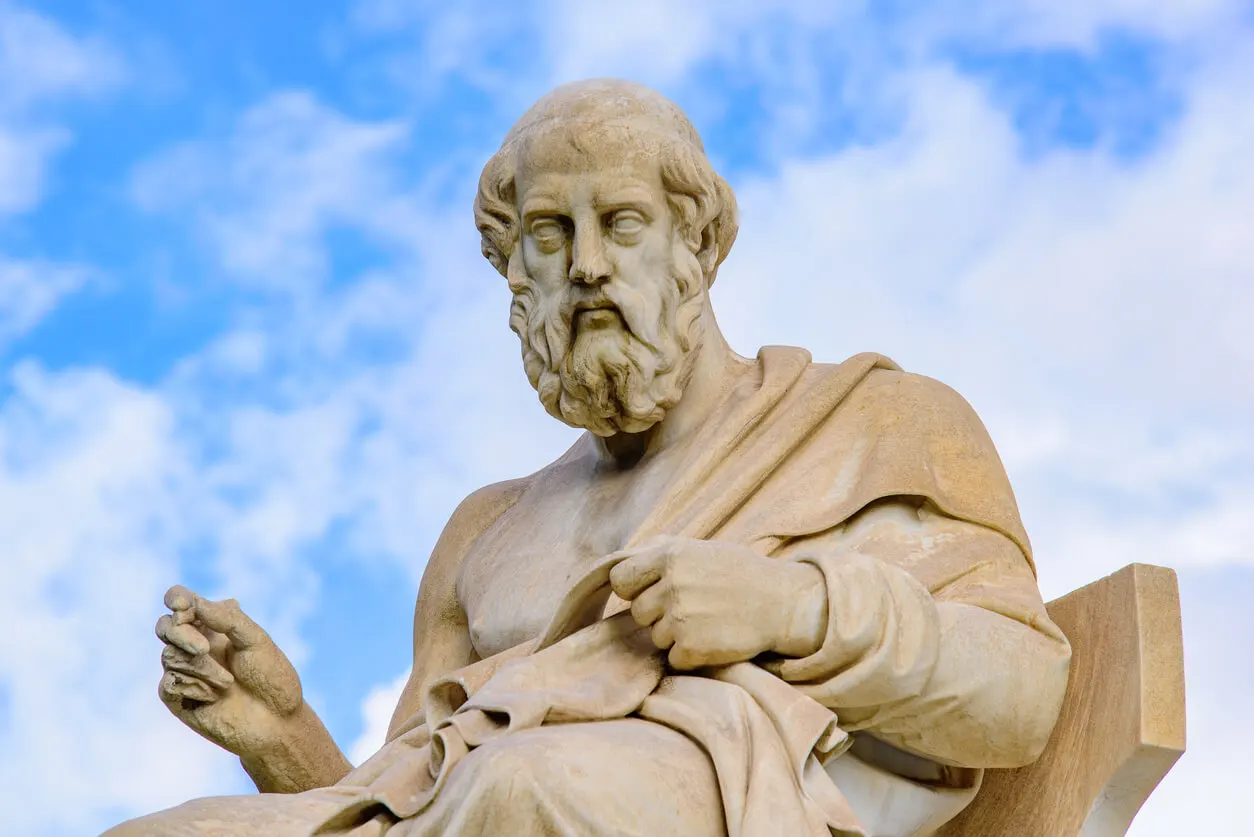What Is Hellenistic Philosophy?


Written and verified by the philosopher Maria Alejandra Morgado Cusati
Hellenistic philosophy is a school of thought that arose in Ancient Greece. Its period ranged from the death of Alexander the Great in 323 B.C. until the invasion of Macedonia by the Romans in 148 B.C.
During this period, the Greek cities lost their sovereignty, and Athens ceased to be the cultural, political, and commercial center of the Mediterranean. In this way, the city-states gave way to Hellenistic monarchies; a situation of political instability arose and the differences between the social classes were accentuated.
Given these circumstances, a school of thought arose marked by opposition to the Aristotelian lyceum and the Platonic academy. Most philosophers of the time prioritized practical conduct, as well as individual and social welfare over metaphysical study.
Main features of Hellenistic philosophy
Hellenistic philosophy is composed of several schools that, although they don’t share the same postulates, have common features among them. That is why it is cataloged as a definite school of thought.
Here are its main characteristics:
- Hellenistic philosophy is more concerned with individual happiness and personal security, rather than seeking a universal truth.
- This current of thought seeks security, taking as a reference the unalterable laws of nature and the cosmos. To this end, a new physics and a new ethics of a naturalistic and cosmopolitan character are elaborated.
- Scientific thought focused on applied and specialized knowledge. In other words, the philosophers of the Hellenistic period were interested in solving specific problems rather than obtaining a global understanding of the universe.
- A new type of philosophy based on action appears: philosophy as therapy.
- In Hellenistic philosophy, the concept of humankind changes. Aristotle conceived them as civic animals, since their well-being was linked to the self-sufficiency of the polis. But when the polis collapsed, humans began to conceive of themselves as social animals, since they were now responsible for their own life fulfillment, as intrinsic parts of humanity and nature.
- As metaphysics took a back seat, the philosopher isn’t only someone who knows, but also someone who knows how to live.
- With the fall of abstract thought, philosophy began to divide into three specific branches: ethics, physics, and logic.
Discover more here: Idealism: Types, Characteristics, and Famous Thinkers
Schools of Hellenistic philosophy
As we already said, Hellenistic philosophy is characterized by the emergence of different schools, in which there are many mutual influences, but also many polemics. Let’s have a look at some of them.
Cynicism
Cynicism was a philosophical school that emerged during the fourth century BC in ancient Greece. Among other things, it defended that happiness was to be found in a simple and harmonious existence with nature.
From the point of view of cynicism, human beings carried in themselves what they needed to be happy. Therefore, they reject riches and any form of material concern. The person with fewer needs was the freest and happiest.
Its main thinkers were Antisthenes, Diogenes of Sinope, Crates of Thebes, Hipparchia, Menippus of Gadara and Demetrius the Cynic.

Cyrenaic School
Founded in the 5th century BC, it was a current that focused on questions of ethics. For the Cyrenaics, the good in life is identified with pleasure, although this should be understood as spiritual pleasure.
As for their theory of knowledge, the Cyrenaics defended that it was subjectivist (proper to the individual) and sensualist (obtained through the senses).
Its main representatives were Aristippus, Ptolemy of Ethiopia, Antipater of Cyrene, Aristippus the Younger, Theodore the Atheist, and Hegesias of Cyrene.
Epicureanism
Epicureanism was a philosophical doctrine that originated in the 4th century BC in Greece and Rome. It defended that happiness was obtained through the intelligent satisfaction of pleasures. It understood happiness as the absence of pain or any kind of affliction (such as hunger, sexual tension, boredom)
The main thinkers of this movement were Epicurus, Metrodorus of Lampsacus, Hermarchus of Mytilene, Amaphanius, Cacius, Zeno of Sidon, Philodemus of Gadara, Lucretius, Hadrian, and Diogenes of Oinoanda.
Stoicism
Stoicism was a philosophical doctrine founded in 311 BC. It asserted that all reality should be studied on the basis of three disciplines:
- Logic
- Physics
- Morals
Its main exponents were Zeno of Citium, Ariston of Chios, Cleanthes, Chrysippus of Soli, Zeno of Tarsus, Panetius of Rhodes, Posidonius, Marcus Tullius Cicero, Epictetus, Seneca, and Marcus Aurelius.
Read more about this doctrine here: The Characteristics of Stoicism: A Helpful Philosophy
Pyrrhonian skepticism
Pyrrhonism, or philosophical skepticism, was founded in the third century BC by Pyrrhon. The principle of this school was to cast doubt on everything that could be considered true.
Its aim was to achieve ataraxia (being mentally unperturbed), which is achieved by epoche (suspension of judgment) on non-evident matters (i.e. matters of belief).
Its main thinkers were Pyrrhon, Timon the Syllographer, Enesidemus, and Sextus Empiricus.
Neoplatonism
Neoplatonism was a philosophical doctrine that sought to unite the philosophy of Plato with that of Aristotle, Pythagoras, Zenon of Citium, and Eastern mysticism. Its ideas extended well into the Middle Ages and its main thinkers were Plotinus, Porphyry, Jamblichus and Hypatia.

Hellenistic philosophy in its context
As we’ve seen, Hellenistic philosophy originated as a consequence of the political and cultural changes that took place in ancient Greece, after the death of Alexander the Great. Moreover, this current is characterized by breaking with the philosophical tradition of Plato and Aristotle. Because of this, it’s considered a movement of thought with its own defining characteristics.
All cited sources were thoroughly reviewed by our team to ensure their quality, reliability, currency, and validity. The bibliography of this article was considered reliable and of academic or scientific accuracy.
- Baltzly D. Stoicism [Internet]. California: Stanford Encyclopedia of Philosophy; 2018 [consultado 22 dic 2021]. Disponible en: https://plato.stanford.edu/entries/stoicism/
- Comesaña J. [Internet]. California: Stanford Encyclopedia of Philosophy; 2019 [consultado 22 dic 2021]. Disponible en: https://plato.stanford.edu/entries/skepticism/
- Konstan D. Epicurus [Internet]. California: Stanford Encyclopedia of Philosophy; 2018 [consultado 22 dic 2021]. Disponible en: https://plato.stanford.edu/entries/epicurus/
- Mansfeld J. Doxography of Ancient Philosophy [Internet]. California: Stanford Encyclopedia of Philosophy; 2020 [consultado 22 dic 2021]. Disponible en: https://plato.stanford.edu/entries/doxography-ancient/
- Reyes A. La filosofía helenística. 1º Ed. México: Fondo de Cultura Económica; 2018.
This text is provided for informational purposes only and does not replace consultation with a professional. If in doubt, consult your specialist.








